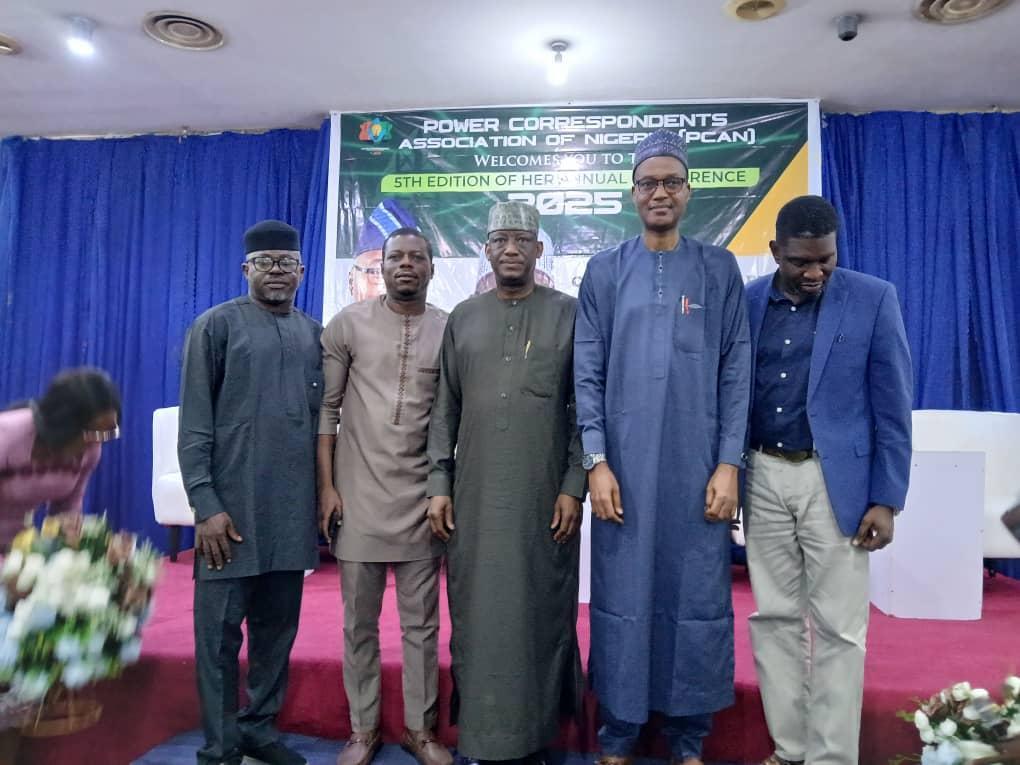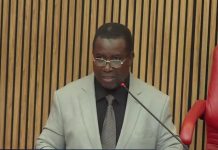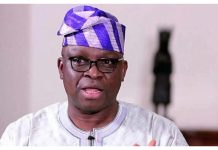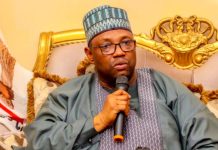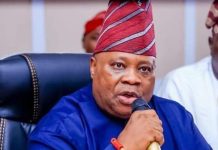Africa-Press – Nigeria. The Nigerian Independent System Operator, NISO, has urged operators in the country’s power sector to adopt a balanced approach to electricity tariffs that would prevent worsening energy among Nigerians.
The Managing Director/Chief Executive Officer of NISO, Engr. Abdu Bello Mohammed, disclosed this in his keynote remarks at the 5th Edition of the Annual Conference of the Power Correspondents Association of Nigeria, PCAN, in Abuja on Thursday.
Speaking on the theme, ‘Cost Reflective Tariff vs. Energy Poverty: Finding a Pricing Balance in the Nigerian Power Sector’, Mohammed said the tariff debate sits at the centre of Nigeria’s electricity challenges, stressing that tariffs must reflect the cost of supply to sustain investments and ensure reliable service.
He noted that millions of Nigerians are unable to afford stable energy due to rising inflation, unemployment and declining purchasing power.
“The real question is not whether we should have cost-reflective tariffs, but how to achieve them in a way that preserves affordability and protects the most vulnerable,” he said.
He decried that electricity subsidies in Nigeria have created huge debt, weak infrastructure investment and an unreliable power supply—further undermining consumer willingness to pay.
Mohammed stressed the need for gradual tariff adjustments tied to visible service improvements rather than abrupt increases.
He noted that consumers would be more willing to pay when reliability and fairness are demonstrated.
According to him, as states move to establish subnational electricity markets under the new Electricity Act, decentralised and embedded generation systems must be integrated in a way that maintains synergy with the national grid.
He added that broader policy alignment remains essential, including reforms in gas pricing, demand-side energy efficiency, and continuous stakeholder engagement to ensure public understanding of tariff adjustments.
“Every percentage point of loss reduced translates directly to lower costs for consumers. Metering, automation and data accuracy must be priorities.
“Our goal is not to raise prices but to build a sector that works—one that can finance its growth, sustain investor confidence, and deliver reliable supply.
He added that NISO is “financially sound and socially just”, capable of powering homes, industries, and the economic aspirations of Nigeria.
On his part, PCAN Chairman, Obas Esiedesa, reflected on the urgent need to reconcile the financial realities of the power sector with the economic realities of Nigerians.
Esiedesa noted that more than a decade after the privatisation of the power sector, the industry continues to struggle under heavy financial burdens, including an estimated N6 trillion owed by the Federal Government to power generation companies.
According to him, while operators across the distribution, generation and transmission value chain continue to push for electricity tariff hikes, millions of Nigerians remain unconnected to the national grid or rely on costly private power sources.
“About 85 million Nigerians—roughly 43 percent of our population—still lack access to grid electricity, making Nigeria home to the largest electricity access deficit in the world,” he said, citing World Bank figures. “This is not just a statistic; it is a stark reminder of the urgency of reform.”
Esiedesa added that those connected to the grid continue to face high tariffs, poor supply, and widespread estimated billing, resulting in frustration and declining trust in the system.
“The question before us is not whether we need cost-reflective tariffs — we do
“The real question is how to achieve a fair, transparent, and socially responsible pricing framework that balances economic sustainability with public welfare.
“Nigeria’s power sector stands at a crossroads — between cost recovery and social justice, between reform and regression,” Esiedesa said.
For More News And Analysis About Nigeria Follow Africa-Press


